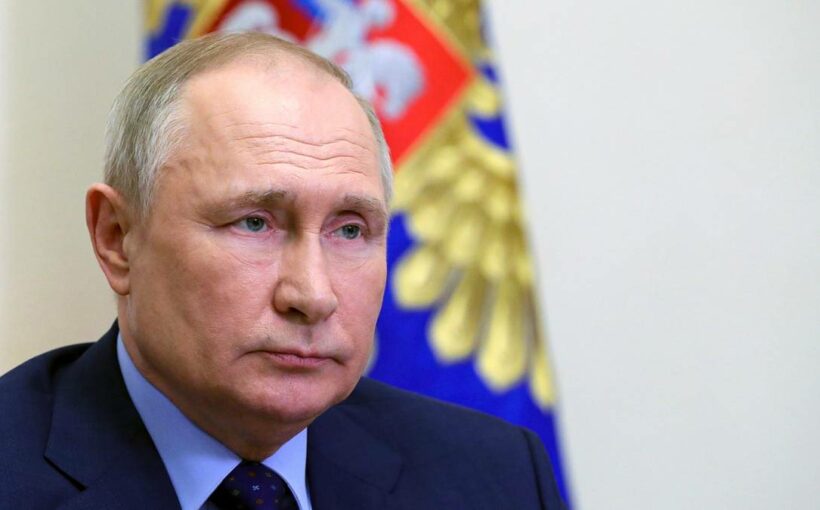The last two New Zealand Governments have tried to get a trade agreement with Russia over the line, with the most recent attempt made at the beginning of Labour’s term in office.
Documents released to the Herald under the Official Information Act show that in February 2018 after the coalition Government was formed, MFAT officials drew up a strategy to get Russia back to the negotiating table, and even laid the groundwork for high-level engagement between Russian and New Zealand politicians.
However, the strategy was pulled after a month in protest against Russia’s alleged involvement in the Salisbury attacks.
New Zealand had spent four years negotiating a trade agreement with Russia and its customs union partners Belarus and Kazakhstan, but those trade talks were suspended in 20214 over the conflict in Ukraine, resulting in the annexation of the Crimean Peninsula by Russia.
At the beginning of 2017, Russia signalled it was keen to resume talks, but then-Trade Minister Todd McClay said it was too soon. In 2016 then-Prime Minister John Key told Russian president Vladimir Putin that New Zealand could resume talks, but only on a timetable allowed by European nations’ attitude to the Ukraine conflict.
NZ First wanted that to be accelerated and negotiated for Labour to include a requirement to work towards the agreement in the 2017 coalition agreement.
Officials first discussed kickstarting talks in November 2017.
By February 2018, officials were at work. However, briefings suggest some nervousness at restarting trade talks with Russia, which was still something of a pariah.
They proposed a “plan of engagement” that would “keep New Zealand broadly in step with the actions of our key international partners”.
The then-Minister of Foreign Affairs, Winston Peters and then-Trade Minister David Parker were asked for their sign off on “the need to move deliberately in exploring further economic engagement with Russia”, and were asked to approve a “series of meetings with Russian officials”.
MFAT wanted to get Ministry for Primary Industries veterinary officials to meet Russian counterparts prior to the recommencement of talks. It is unclear if this happened.
“Officials would seek to map out with Russia a forward process for resolving current barriers,” the paper said.
The papers, which were heavily redacted, suggested ministers would travel to Russia for events associated with trade talks.
However, those talks came unstuck in a matter of weeks.
On March 4, a former Russian military officer and double agent and his daughter were poisoned in the British city of Salisbury. The British Government blamed Russia and began expelling Russian diplomats. Other countries also expelled diplomats in response to the attack.
Later in March, Peters told media New Zealand would no longer be trying to restart trade talks.
A briefing to ministers from March 22 said MFAT officials would look at how to “manage the bilateral relationship with Russia”.
Officials said it was “unclear when or if” trade talks could take place.
The briefing alluded to a political visit, the detail of which was redacted.
“That visit will not now take place,” the briefing said.
Peters told the Herald talks with Russia were not pulled, but formal trade negotiations with Russia never restarted while he was in Government.
He stood by the idea of diversifying New Zealand’s trade and suggested a future focus could be emerging markets in South America.
“Under [Former Trade Minister Tim] Grosser we were seriously close to doing a deal,” Peters said of his enthusiasm for kickstarting talks.
“What we were saying was this country is in trouble with its exports. We are not nearly as diverse as we should be. We’ve got to get out and go as hard as we can,” Peters said.
Source: Read Full Article
